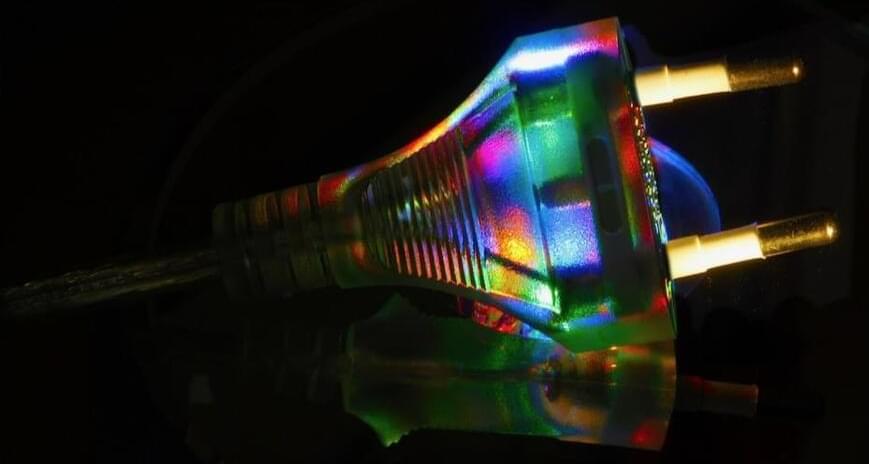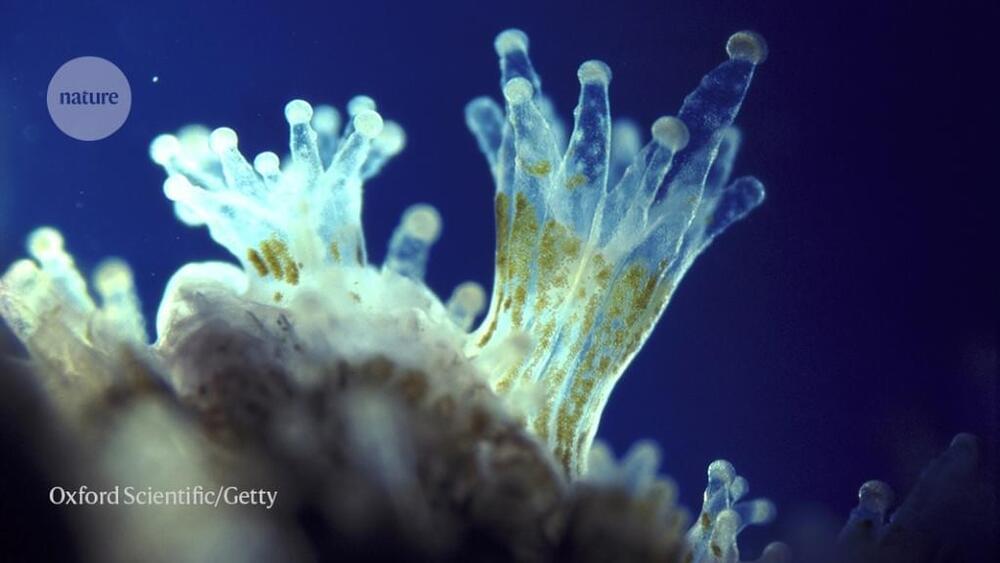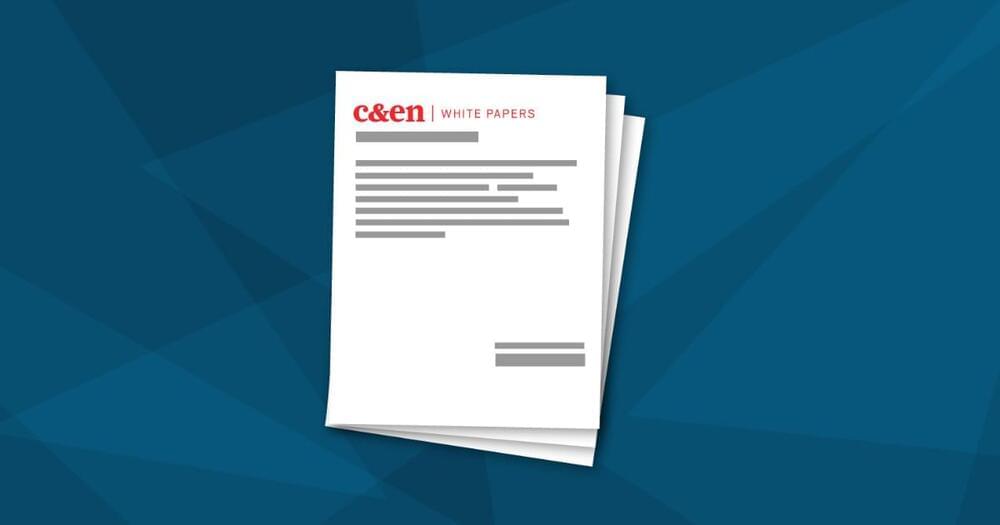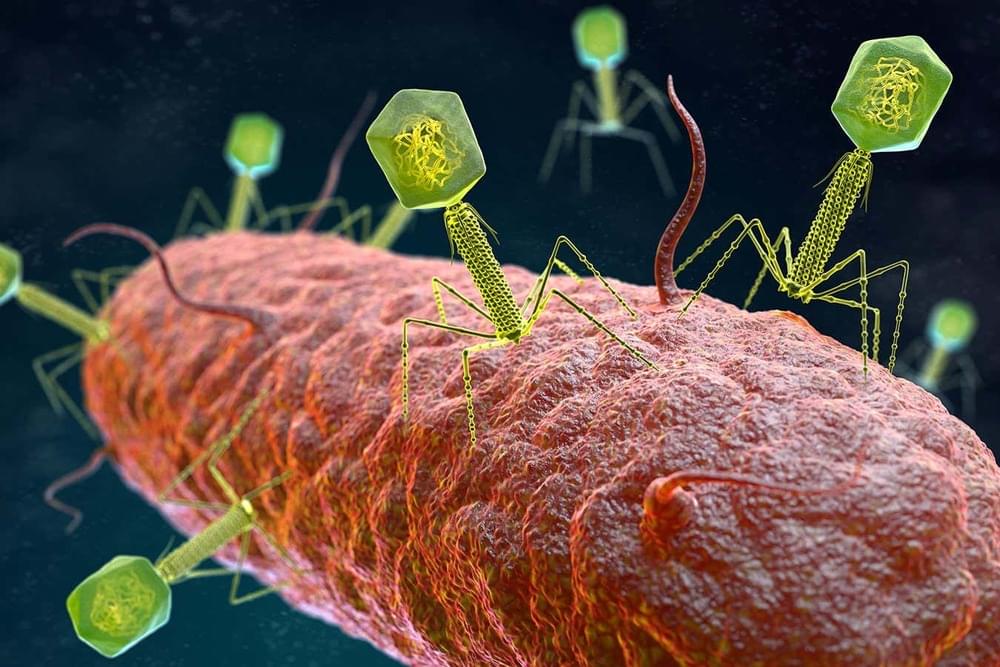A major _New York Times_ investigation reveals how the United States’ aquifers are becoming severely depleted due to overuse in part from huge industrial farms and sprawling cities. The _Times_ reports that Kansas corn yields are plummeting due to a lack of water, there is not enough water to support the construction of new homes in parts of Phoenix, Arizona, and rivers across the country are drying up as aquifers are being drained far faster than they are refilling. “It can take millions of years to fill an aquifer, but they can be depleted in 50 years,” says Warigia Bowman, director of sustainable energy and natural resources law at the University of Tulsa College of Law. “All coastal regions in the United States are really being threatened by groundwater and aquifer problems.”
Transcript: democracynow.org.
Democracy Now! is an independent global news hour that airs on over 1,500 TV and radio stations Monday through Friday. Watch our livestream at democracynow.org Mondays to Fridays 8–9 a.m. ET.
Support independent media: https://democracynow.org/donate.





